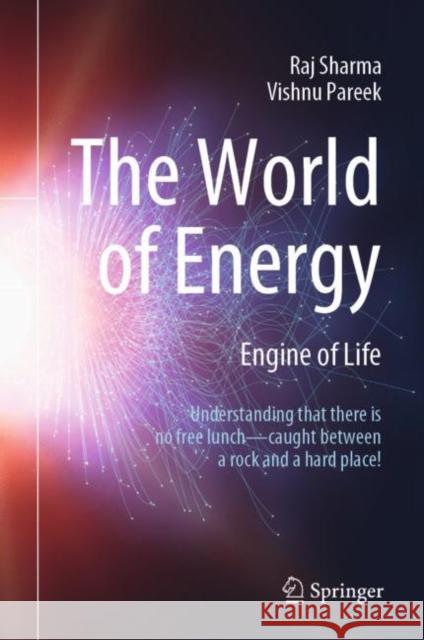The World of Energy: Engine of Life » książka
topmenu
The World of Energy: Engine of Life
ISBN-13: 9789811567230 / Angielski / Twarda / 2020 / 66 str.
The World of Energy: Engine of Life
ISBN-13: 9789811567230 / Angielski / Twarda / 2020 / 66 str.
cena 152,93
(netto: 145,65 VAT: 5%)
Najniższa cena z 30 dni: 146,48
(netto: 145,65 VAT: 5%)
Najniższa cena z 30 dni: 146,48
Termin realizacji zamówienia:
ok. 22 dni roboczych.
ok. 22 dni roboczych.
Darmowa dostawa!
Kategorie:
Kategorie BISAC:
Wydawca:
Springer
Język:
Angielski
ISBN-13:
9789811567230
Rok wydania:
2020
Wydanie:
2020
Ilość stron:
66
Waga:
0.27 kg
Wymiary:
24.13 x 19.3 x 1.02
Oprawa:
Twarda
Wolumenów:
01











